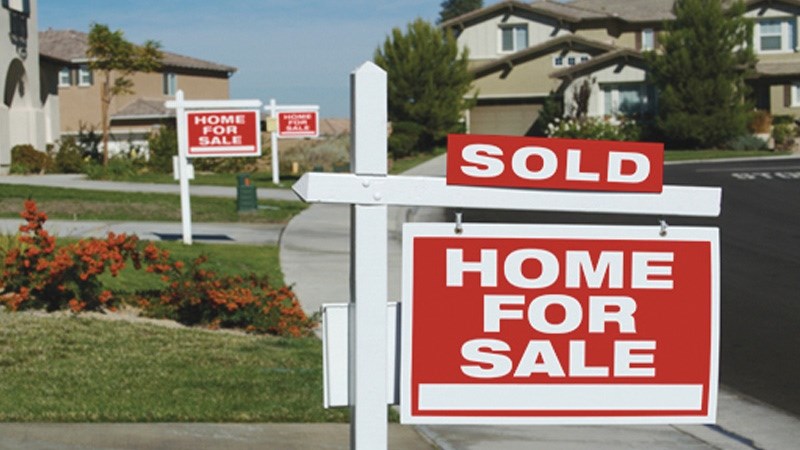Vancouver home price hikes during the year-old pandemic may seem high, but the increase is a piker compared to metropolitan centres like Medicine Hat and Saskatoon.
In fact, Vancouver’s price gains over the past year have lagged behind most other Canadian jurisdictions as well as those in the United States.
Canada’s home prices have jumped 17.3 per cent, whereas Greater Vancouver’s have risen just 6.8 per cent between February 2020 and February 2021, according to the Canadian Real Estate Association. U.S. house prices rose 10.8 per cent from December 2019 to December 2020, according to the Federal Housing Finance Agency (FHFA) House Price Index.
The City of Vancouver composite benchmark home price is 2 per cent higher now than a year ago, but Saskatoon’s composite home price is up 9 per cent from February 2020. Home prices increased 20 per cent in Medicine Hat, Alberta. In Powell River, B.C. the composite home price is 27 per cent higher now than a year ago.
It could be a lack of foreign buyers – driven away by a high foreign- homebuyer tax and COVID-19 – that has kept Vancouver price hikes modest.
Foreign purchases are down significantly in B.C. since the tax on foreign home buyers increased to 20 per cent in February 2018, and immigration has virtually vanished during the pandemic.
But local buyers have more ability to pay because Bank of Canada (BOC) interest rates are at an all-time low of 0.25 per cent. Furthermore, BOC is buying government bonds (debt) from financial institutions, allowing them to lend more freely and at historically low interest rates.
On March 15, HSBC was offering a 0.99 per cent 5-year variable rate on mortgages up to $300,000, good until July 12, as one example.
The BOC has indicated low rates are here for the near term, at least until 2023.
Urban planner Andy Yan says outrage over high housing prices still exists but “it's a different type of outrage if you're totally locked out of ownership, as opposed to moving on up.”
Yan, director of Simon Fraser University’s City Program, suggests people are leaving their Vancouver condos and to buy in the suburbs. Data bears this out.
While City of Vancouver condo prices have fallen 0.2 per cent price, the Fraser Valley Real Estate Board reports 12.3 per cent price gains in all housing forms since February 2020.
“I think there is outrage. But it just depends on who you are,” said Yan, who had been criticized for his 2015 report suggesting overseas Chinese buyers fuelled the remarkable 2014-17 gains, when housing prices rose 48.5 per cent.
“My point wasn't only just foreign money. But it was foreign money with cheap money, right? Now we have a scenario where cheap money completely takes over the environment,” said Yan.
“If you look at the core of unaffordability [in Metro Vancouver], it's both very high housing prices with relatively low, very, very low paying jobs,” he said.



